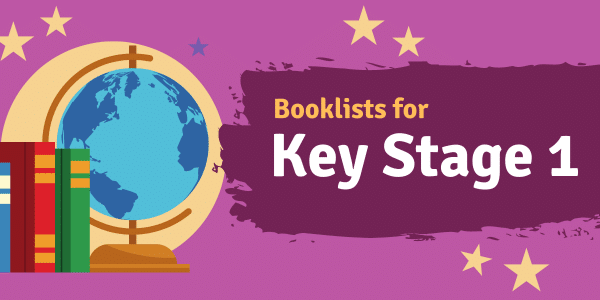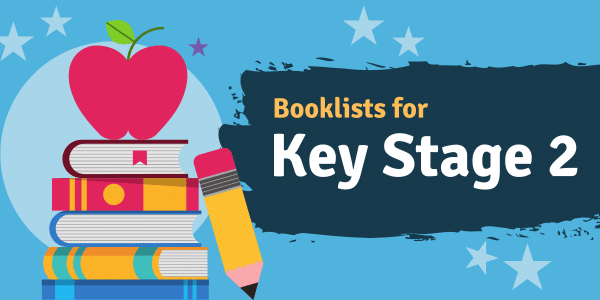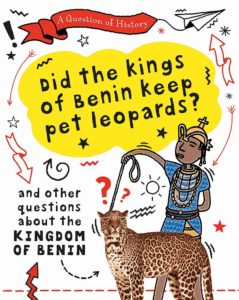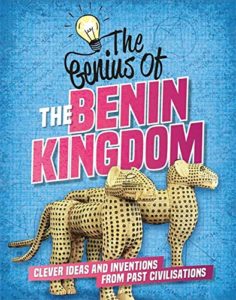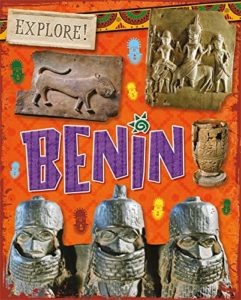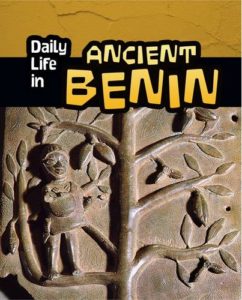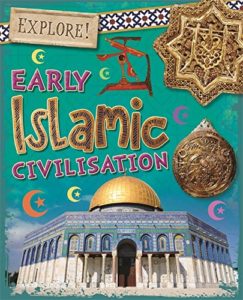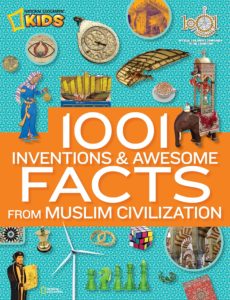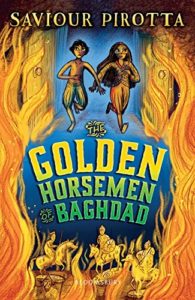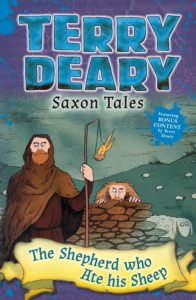You must be logged in to edit your profile.
Menu
- New Books
- Booklists by Topic
- History
- Ancient Civilizations: Shang, Sumer, Indus
- Ancient Egypt
- Ancient Greece
- Anglo-Saxons
- Black British History
- Black History, Black Lives & Anti-Racism
- Castles & Knights
- Crime & Punishment
- Fire of London
- Moon Landings
- Queen Elizabeth II
- Romans
- Stone Age to Iron Age
- Titanic
- The Maya
- The Middle Ages
- Tudors
- Victorians
- Vikings
- World Civilisations: Benin, Early Islamic Civilisations
- World War I
- World War II
- Geography
- Africa
- Awesome Planet Earth
- Environmental Sustainability
- Frozen Worlds
- Houses, Homes and Buildings
- India
- Mountains and Volcanoes
- Natural Disasters
- Oceans & Seas (KS2)
- Plastic Pollution
- Rainforests
- Rivers, Coasts and Water Cycles
- Rocks, Soils and Fossils
- Seaside
- Transport and Travel
- Under the Sea (KS1)
- United Kingdom
- USA
- Science, Maths & Computing
- Diversity & Inclusion
- Diverse & Inclusive Books for EYFS
- Diverse & Inclusive Books for KS1
- Diverse & Inclusive Books for Lower KS2
- Diverse & Inclusive Books for Upper KS2
- Black British History
- Black History, Black Lives & Anti-Racism
- Books With Minority Ethnic Characters
- Cultural Diversity
- Books Featuring Limb Difference
- Weather and Seasons
- Computing, Gaming & Coding
- Internet Safety
- Maths
- Literacy & Reading
- PSHE, Emotional Literacy & Citizenship
- Emotional Literacy & ELSA
- Anti-Bullying
- Mental Health
- Healthy Humans (KS2)
- All About Me
- Growth Mindset
- Environmental Sustainability
- Plastic Pollution
- Refugees & Immigration KS1
- Refugees & Immigration KS2
- Politics & Democracy
- Empathy
- Books About Friendship
- Bereavement & Loss
- Y6 Transition
- Class Transitions
- Starting School
- Back to School Picturebooks
- Internet Safety
- Books About Germs, Handwashing & Viruses
- Books About Kindness
- Inspirational Real Life Stories
- Arts & Sport
- EYFS Topics
- History
- Booklists by Age
- Reading for Pleasure
- Seasonal Booklists
- Resources
- Blog
- About Us
- Buy Our Books
- FAQs
- Contact Us
- Member Area








